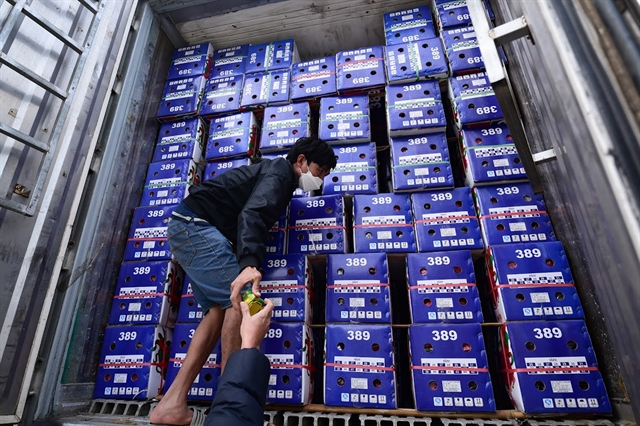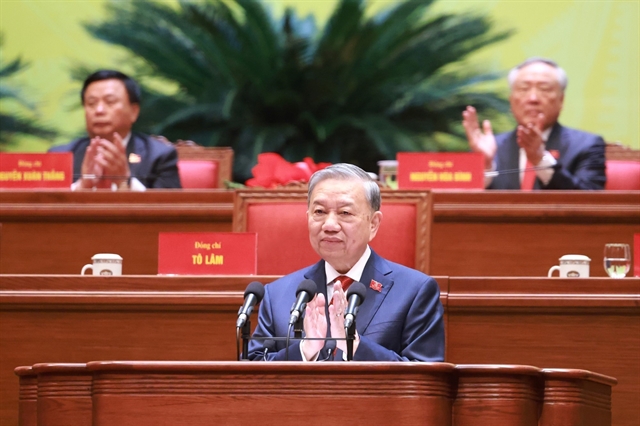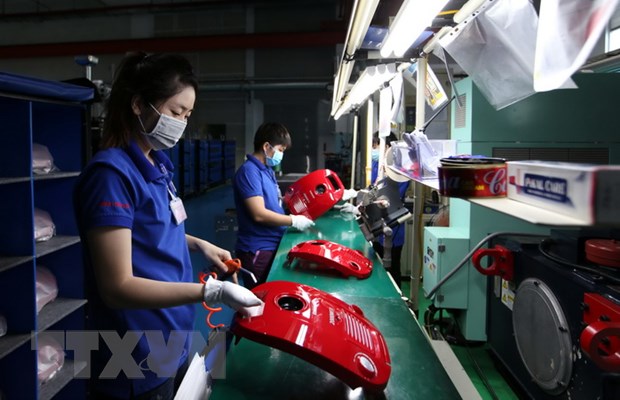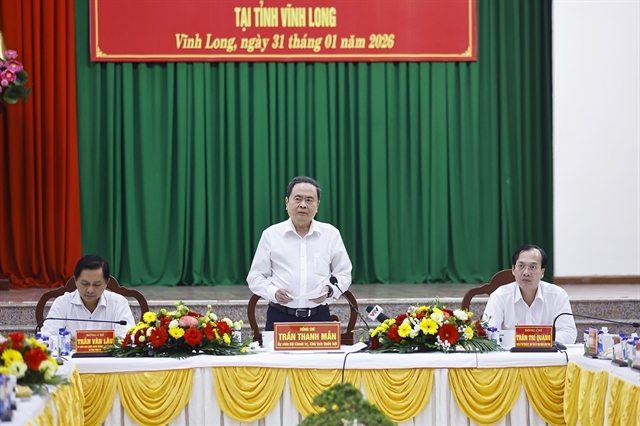 Economy
Economy


|
| The amount of FDI pouring into Việt Nam is rising, but businesses in the supporting industry still cannot satisfy manufacturers' demands, leading to a low localisation rate. — VNA/VNS Photo An Hiếu |
HCM CITY — The domestic supporting industry needs to improve to take advantage of foreign direct investment (FDI) pouring into Việt Nam, experts have urged.
In the first six months of the year, Việt Nam attracted more than 1,720 new FDI projects with total registered capital of nearly US$7.5 billion, according to the General Department of Statistics.
The period also saw $9.1 billion of FDI being disbursed, an 8.1 per cent increase from the same period last year.
More foreign investors have also injected capital to buy shares of or contributed capital to Vietnamese businesses, totalling around $8.12 billion so far, nearly doubling the figure in the same period last year.
Dr Huỳnh Thanh Điền of the HCM City University of Economics said that while this was a positive sign for the economy, authorities should examine the capability of domestic businesses, especially those in the supporting industry.
The localisation rate in the supporting industry, for example, needs to be increased to attract foreign-invested companies.
Businesses' ability to be part of the global supply chain for supporting industries is still limited. For instance, car manufacturers in Việt Nam have to import most parts, while the electrical and electronics industry has to import nearly all of its auxiliary products such as components, plastics and rubber products.
Nguyễn Phương Đông, deputy director of the city Department of Industry and Trade, said that many domestic supporting industry businesses continued to struggle with capital problems, lack of access to market information, and limited management capability to participate into the global supply chain.
A survey conducted by the department and Samsung showed that the number of faulty products and inventory goods in Vietnamese supporting businesses was still high, and the prices of their products were relatively high and non-competitive.
In addition, there is no concentrated industrial park dedicated to the supporting industry, so manufacturers in the industry are dispersed throughout many areas.
Without an industrial park and adequate infrastructure, businesses find it difficult to satisfy FDI companies' demands.
To help improve business capability, the department and the city have organised many programmes, one of which businesses received capability evaluation, innovative advices, and preferential interest rates to renovate their technologies.
Đông said the Ministry of Industry and Trade and the city would organise more events for the supporting industry to network and learn more about the demands of end-product manufacturers. — VNS




